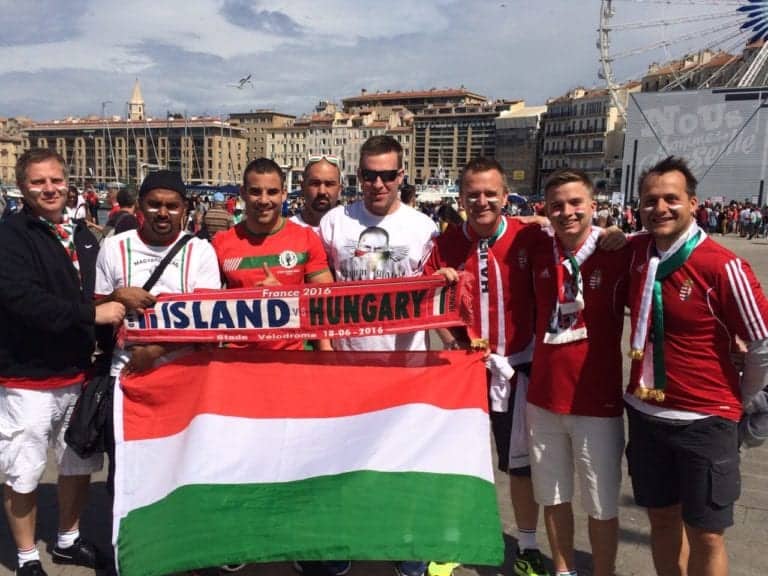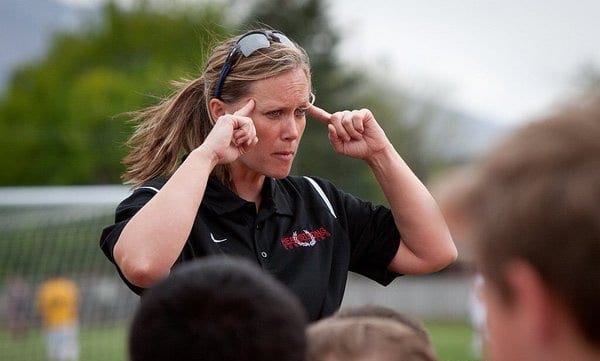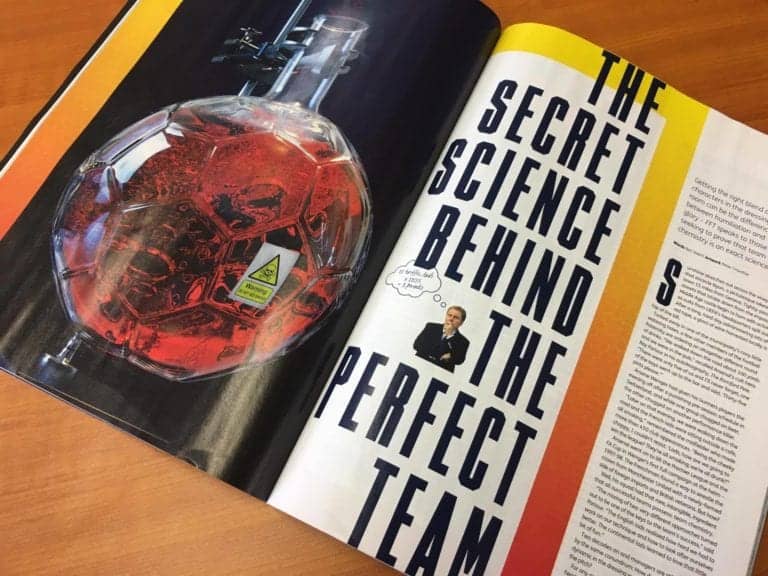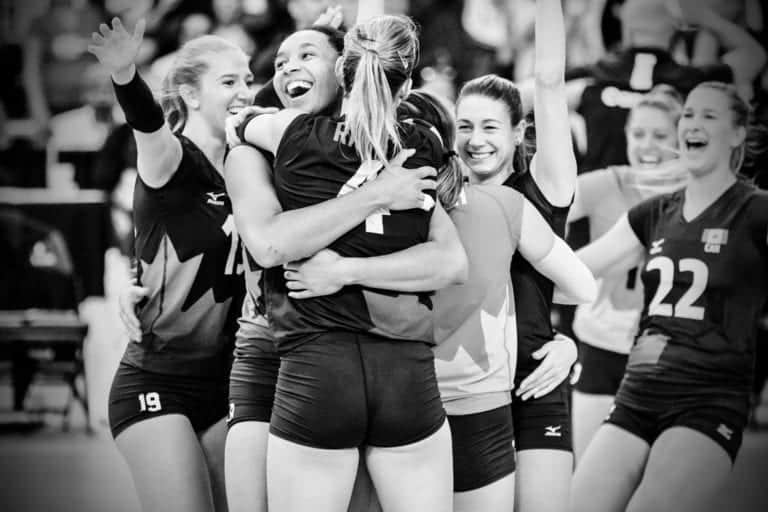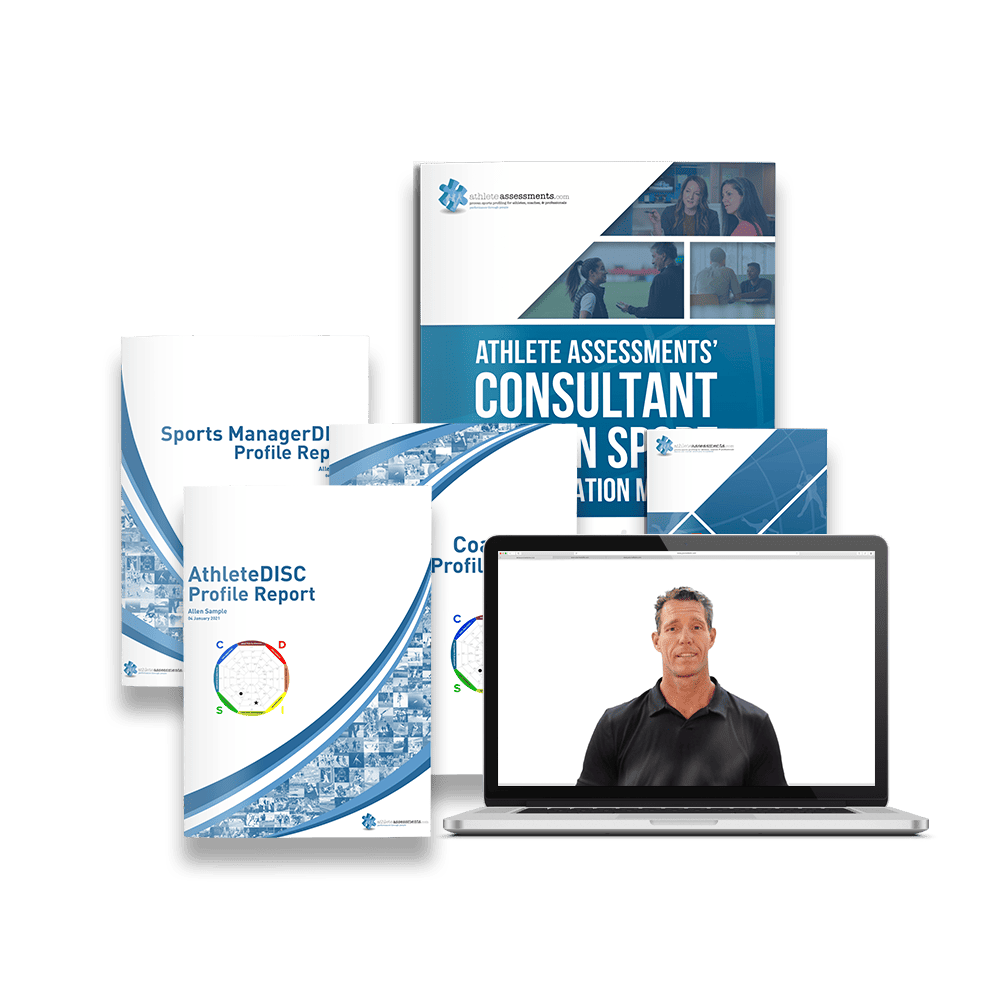You might remember an earlier article about our consultant client Szabolcs Hollósi in Szombathely, Hungary – we’re sharing an update!
Szabolcs has been working with Hungarian futsal team, Haladás VSE – a team established for a decade, who won the 2020 Futsal Hungarian Cup (win 4:2). In front of a home crowd, Haladás VSE strategically connected players with a combination of spontaneous and well-rehearsed sequences, converting goals from incredibly narrow angles. The team is now well placed to win this year’s championship defeating last year’s winner Berettyóújfalu. Unfortunately the play-off phase of the national championship was canceled due to the COVID-19 pandemic, so the team didn’t get the chance to win the gold medal. But, they will go for it next year.

Szabolcs started working with the team in May last year at the request of Sports Director Zsolt Bokor. With a new Head Coach and many new players, the energy was high but it was still critical for the team’s success to take time to establish the relationships and new combinations.
So, Szabolcs facilitated a successful workshop for both players and the coaching team about the application of DISC Profiling in sport. Continuing his work with the team, he completed player profiles last October – using AthleteDISC Profiles for the players and CoachDISC Profiles for the coaches (both of which are now available in Hungarian exclusively through Szabolcs’ company, Kell Egy Csapat Élmény Kft). To ensure that each athlete knew how to apply the information contained in their individual AthleteDISC Profile, Szabolcs held one-on-one debrief session in January this year. During the debrief sessions, Szabolcs and the Head Coach also took the opportunity to use their DISC knowledge and the individual player profiles to resolve any internal conflict.
Of the importance of the debrief sessions, Szabolcs says, “we aim to support the team in processing and making use of the information in the reports, as well developing their mental toughness.”
In very honest accounts, the Head Coach, Juan Ramón Calvo Rodríguez, Assistant Coach, András Sziffer, team captain, Péter Horváth and Serbian International Player Milos Simic, give their feedback about the Athlete Assessments DISC process and the team building workshop.
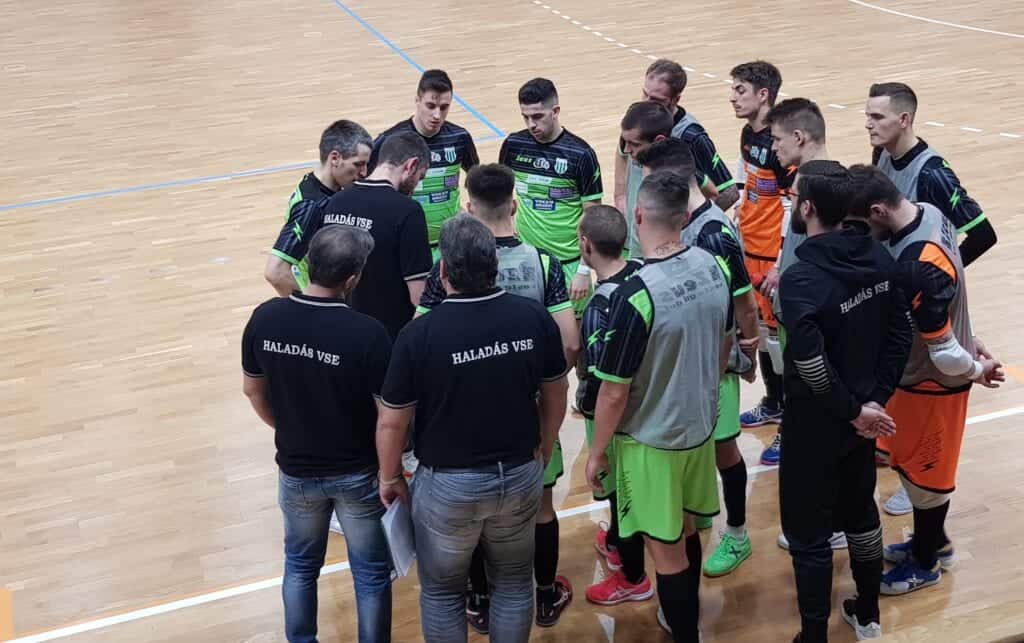
"The program helped me to get to know myself, the team members and the players more. Understanding how others work and what they think is an important key for successful teamwork, it also prevents conflicts. Most coaches have a clear idea of how they should play at a team level, but they are less focused on players as individuals. This, in turn, is essential for the team to deliver the maximum. My report has confirmed that I am task--orientated, primarily concerned with challenges and results, but there are players in the team whose priority is team harmony, good atmosphere, security, and sufficient amount and quality of communication. I had to adapt to them and become more open to get the most out of them."
Juan Ramón Calvo Rodríguez, Head Coach
“I’ve become more understanding and accepting, I make better and rational decisions, and I’m more conscious of looking for alternatives to solve problems. So, I find that I’m already making use of the results of the DISC program. This is an improvement for me because I often used to make knee-jerk and unwise decisions, which, of course, ended up being dead in the water. By learning about the DISC behavioral profiles, it has become clearer to me what to expect from others and why they do what they do. I apply it even with those who haven’t participated in the program, such as junior players. We have found that the individual work that Szabolcs Hollósi, Athlete Assessments consultant client suggested is also helpful. Seeing the players working on their self-awareness reveals strengths and weaknesses, which enables them to advance in accepting themselves and each other. The relationships between the players have become more direct and they’re now more open to each other. Since they acquired DISC knowledge, they have also seen each other’s mistakes differently, are more accepting, and are trying to help each other."
András Sziffer, Assistant Coach
"I see changes on all three sides; the coaches, the team and myself. I find that the coaches are more attentive to the players’ behaviors. They no longer think in teams, the attitude of the individual also matters. There are personalized conversations with the players since they were confronted with the fact that everyone has a different place or role in the team, represents a different color, and stands for different values. You will notice, even in the locker room, what team members’ classified character is and we do pay attention to it. We already make jokes about who the dominant one is, who makes the decisions, who the team-player is, and also in conflicts, it is clear why and how people talk to each other. So, there is no offence or anger, I think the effect is most noticeable here. I have experienced a change in my self-awareness. I have learned many of my new characteristics and have been confirmed with many of my well-known traits. I can be a useful member of our team, I can strengthen unity, and I can share in the victories. Working together was helpful. DISC provides something extra for success. It helps and adds 15-20% to victories, I think. We are looking forward to carrying it on."
Péter Horváth, Team Captain
"The most important thing for me was that I’ve had a better understanding of my own strengths and the situations when I needed to change my behavior. During the joint sessions, I was confronted with the fact that we are all different and thus form the team within which we have to respect each other’s individuality. After realizing all this, I also became more aware of how we can help each other and overcome each other’s weaknesses, e.g. through our own example."
Milos Simic, Serbian International Player of the Team
These insights were representative of each player’s experience. Szabolcs continues his successful work across all sports including a first division Men basketball team and a Women football team.
Where to from here?
Are you a consultant looking to take your clients performance to the next level? No matter where you’re based, here’s some more information about our consultant’s packages.
As a top consultant, your clients rely on you being the best in your field, knowing the true determinants of success and having access to the tools that will make the most impact when it comes to improving performance. Athlete Assessments’ DISC Profiling is the tool you need to help your clients realize their potential.
At Athlete Assessments we’re here to provide you with excellence in service and to help you be your best. If there is anything we can do to contribute to your success, please contact us.
Recommended Articles
Szombathely might be 15,588 kms from the Sunshine Coast, but it’s home to our newest consultant client, Szabolcs Hollósi. Experienced in brokering change, Szabolcs now has the tools and resources to partner with Hungarian sport on a national level, creating opportunities for athletes and coaches to take their performance to exciting new heights based on DISC Behavioral profiling.
Mental Performance Coach, Dr Nicole Detling, is distinguished by her ability to cultivate exceptional progress in her athletes. Professionally, she was a fundamental part of Team USA’s incredibly successful campaigns at the 2010 Vancouver Olympics, 2014 Sochi Olympics and the 2018 Olympics in PyeongChang. She worked with the US Speed Skating and Freestyle Aerial Ski Teams as well as the Snowboarding team for PyeongChang. Over 2 decades she’s developed a unique insight into the pressures associated with Olympic performance, how to work through them and lay the foundations for success.
When the world’s biggest football magazine, FourFourTwo, took a look at team chemistry, writer Ben Welch spoke to premiership winning players, like Crystal Palace midfielder Yohan Cabaye and Celtic’s Musso Dembele for their insight into the unbreakable bonds that build team chemistry. He also spoke to Arsenal’s premiership winning Coach,
Getting the culture right in your team and organization is crucial for success on any level. So how do you ensure that your culture gives your athletes the opportunity to achieve their fullest potential? In this 7-part video presentation, Bo Hanson discusses the importance of team culture, and how effectively utilizing the GRIP Model during your season can go a long way to ensuring your team’s culture starts on, and stays on, the right track.


